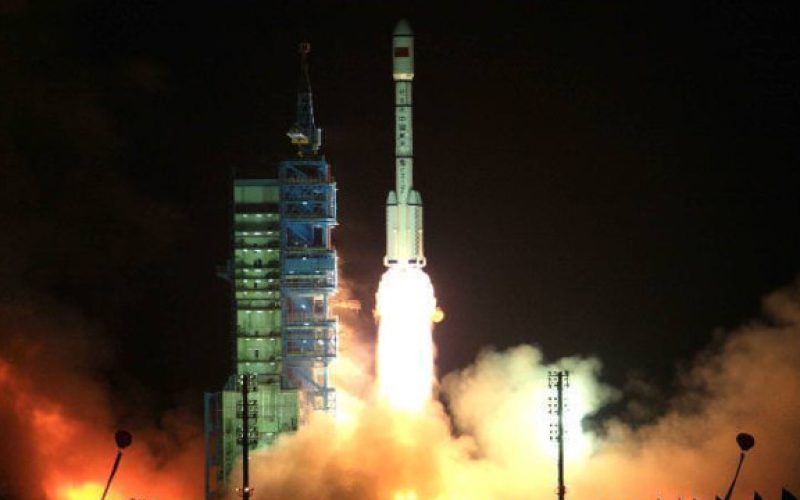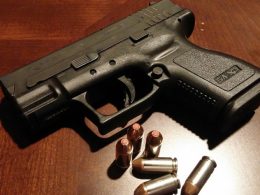Keeping you abreast of China’s efforts to build a space station, China has successfully launched its first manned rocket into space at 9:22 am China time today.
The Jiuquan Satellite Launch Center Director, Zhang Zhifen, declared the mission a “complete success” at around 9:43 am local time.
The three-person crewed Shenzhou-12 spacecraft, or Divine Vessel was launched on a Long March-2F carrier rocket from the Jiuquan Satellite Launch Center in northwest China’s Gobi Desert.
This completes the third of eleven steps until their new space station is complete.
It is the first human-crewed mission for China in nearly five years. Once finished, it will be the second manned space station in orbit.
The crew will be sent to the core module of the Tiangong, or Heavenly Palace, space station, which is still being built in low Earth orbit.
About six and a half hours after launch, the spacecraft will dock with the core module. The crew will remain in orbit for three months to test the life support system and maintenance.
Two astronauts will conduct two long-duration spacewalks. After this mission, another three-crewed spacecraft and two laboratory modules will be sent to the space station. The aim is to complete construction by the end of 2022.
They are also testing new spacesuits and a new spacecraft for quality, and the tasks of troubleshooting on the fly are pretty dangerous.
According to Huang Weifen, one of the manned space program chief designers, “The possibility of various problems is quite high. So for the astronauts, emergency decision-making and troubleshooting capabilities are also very high requirements.”
Nie Haisheng is the oldest member of the team and a former fighter pilot with the People’s Liberation Army.
This is Nie’s third trip into space, having previously been aboard China’s first multi-astronaut mission in 2005 and its 2013 mission to test docking technology.
According to the state-run Global Times, Liu Boming, the second-oldest team member, joined China’s 2008 space mission and is expected to play a critical role during outside cabin operations in this mission.
Despite training for 11 years, the crew’s youngest member, Tang Hongbo, is the only one of the three yet to travel to space until now.
The mission’s duration coincides with a major national event set for July 1, the Chinese Communist Party’s 100-year anniversary.
China has been pushing to build its own space station, as they are not allowed to board the International Space Station. Chinese astronauts are locked out of the ISS due to US political objections and legislative restrictions.
In April, it launched “Tianhe,” one of the modules that will comprise the space station and serve as the astronauts’ living quarters. China also sent the Tianzhou-2 cargo spacecraft to dock with Tianhe last month. This spacecraft contains supplies for the astronauts, like food.
The three-module self-developed space station is expected to be fully operational by 2022. China will carry out the remaining 11 missions to complete the space station’s construction between now and next year, including four manned missions.
Follow Riiver Nihil and Tatum Report on Instagram
- West Point Reimposes Rules on Unvaxxed Cadets - January 31, 2023
- Warroom Host Claims Mother Jones Magazine Publishes Chinese Propaganda - January 31, 2023
- CCP Allegedly Weaponizing the DOJ - January 25, 2023










